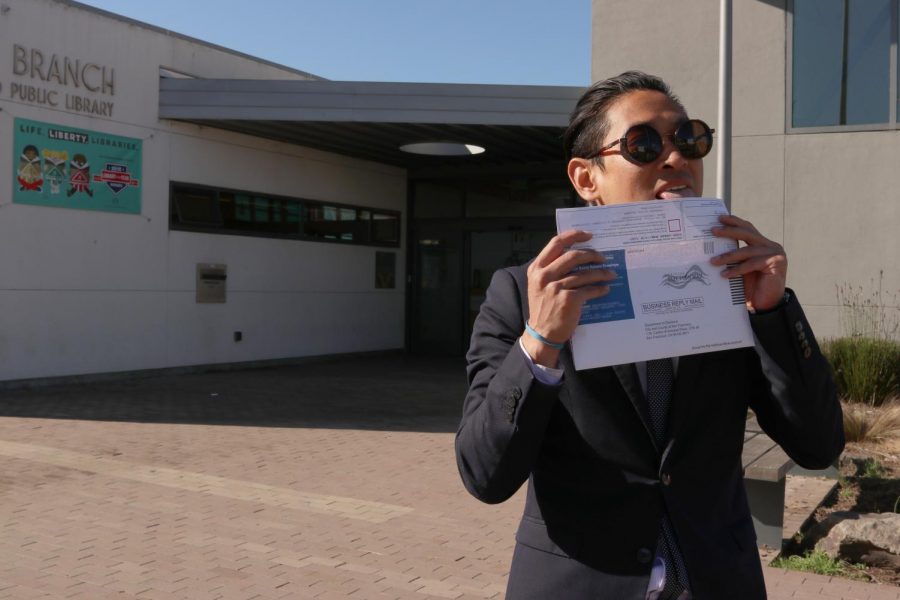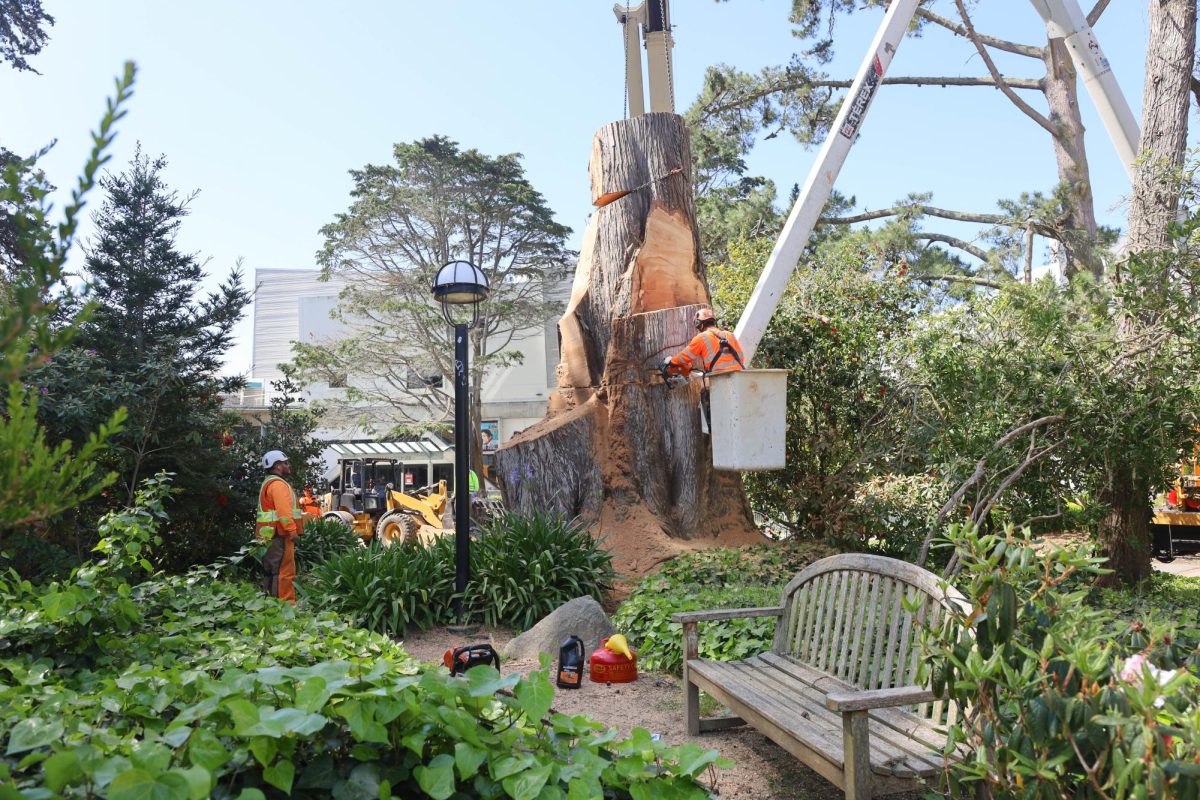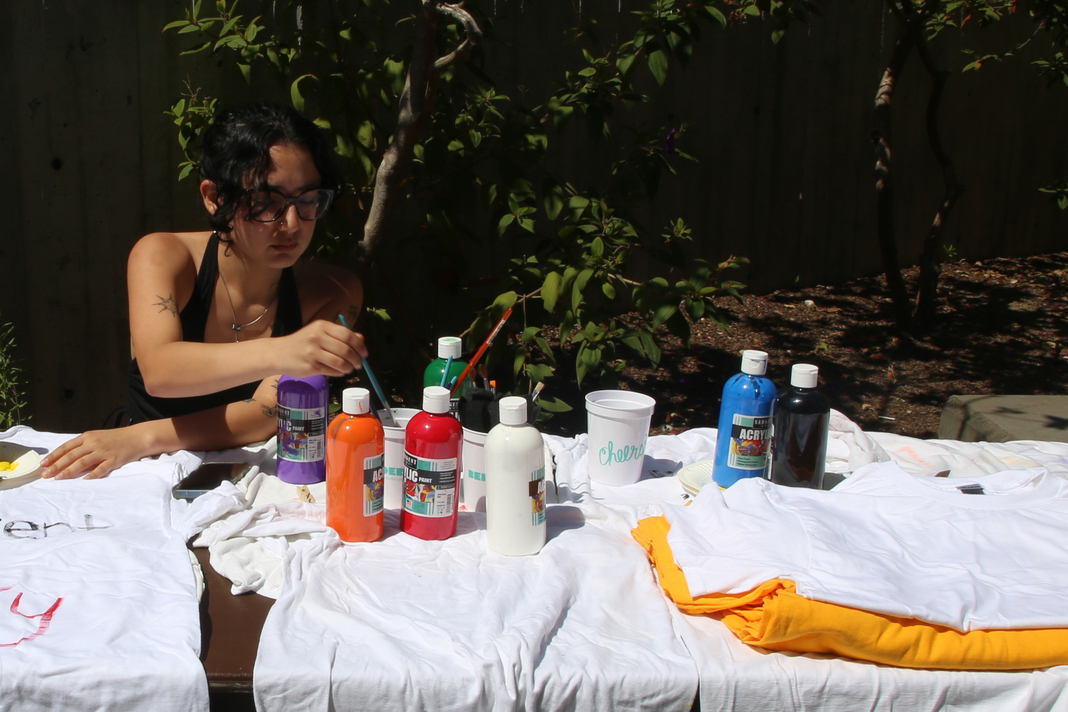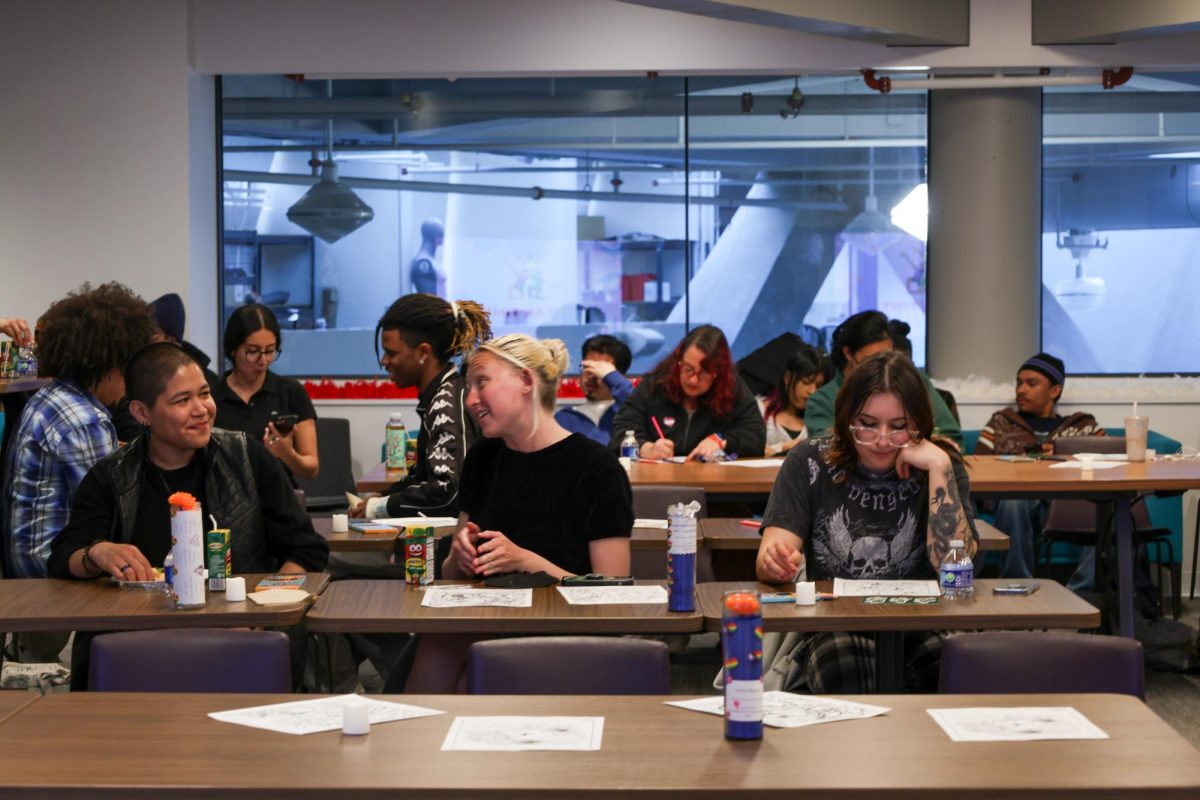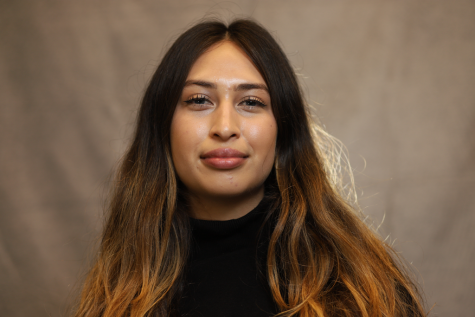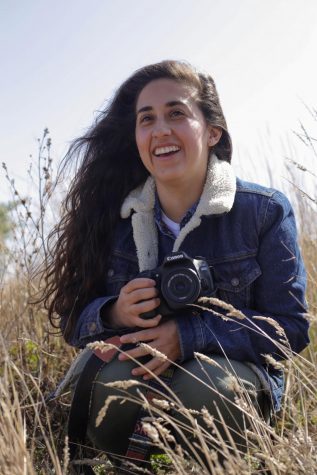A two-unit political science course specifically dedicated to the topic of the 2020 presidential election is now being provided to SF State students, family and friends this fall semester.
Professor Joel Kassiola has been teaching Political Science 216, a course dedicated to each presidential election, since 2004. The course returns for enrollment with every election cycle.
“As a political scientist, I knew that the general public in the United States, as in most countries, is pretty poorly informed about their government and about current issues,” Kassiola said.
The two-unit course is offered on a credit, no-credit grading basis with the hope of having a more impactful focus on learning about topics pertaining to the presidential election, rather than taking tests and quizzes.
“The important thing is that they don’t have to sit there taking notes, although there is nothing wrong with that,” he said. “If they want to drink beer and have fun while watching the video, they can go back and rewatch the week and see what the faculty members’ main points were.”
Professor Kassiola’s aim for the course is to offer students and non-students a better understanding of issues involving the presidential election, which they can then disseminate to communities at large. One way students can do so is through public video links Kassiola provides.
“So I knew the public would be interested in who’s going to win,” he said. “I knew the faculty had expertise in areas that are important for the election like the economy, like the environment, like education, like healthcare. And so I said, ‘Wow, let’s try to blend these two together in the form of almost a costless course.”
Kassiola refers to this as a costless course in the sense that it is a credit, no-credit course designed to alleviate the stress of having exams and worrying about a letter grade. He also wants to provide this class to students and the public as an extra learning supplement, rather than relying solely on getting political information from national media on TV or social media.
“We try to, in this course, emphasize the system, the structure of the system,” he said. “Even though we have students who take American government in high school, they have to take American government in college in order to graduate, whether it’s community college or here at San Francisco State, but we still have an amazing amount of ignorance.”
Kassiola wished to incorporate faculty not only from the political science department, but those at large so as to immerse other faculty in the material and better provide an enhanced understanding of social justice.
Kassiola reached out to faculty in and outside of the political science department to speak on topics such as the coronavirus crisis, the economy, education, foreign affairs and immigration.
“I was the dean of the College of Behavioral and Social Sciences, and I knew that we had wonderful faculty throughout the university – not just in the department of political science or in the College of Behavioral and Social Sciences,” he said. “So I wanted to create a platform for the faculty of San Francisco State to show not only students, but there was always a great interest in the public.”
One way Kassiola engages his students is by asking them questions that gauge their knowledge about institutions such as the electoral college.
“The first panel is the way it is [because] in 2004 I asked the assembled students, there were about 500 students and I said, ‘Ok, we’ve heard from our panelist. What question would you like to ask?’ and I called on a student and her first question was, ‘What is the electoral college?’” he said.
Kassiola invited guest speaker Rebecca Eissler, a political science professor who teaches American politics, to explain the importance of the electoral college for the course’s first guest speaker session this semester.
“My contribution to the discussion of the electoral college really focused on how it works,” Eissler said. “And often, one of the big things I get when I’m talking with my students after I taught them about the electoral college is, ‘Wait, why do we have this?’ and, ‘Can’t we change it? It doesn’t seem to work very well these days.’”
Eissler supplements her breakdown of the electoral college by speaking about the various proposals raised to amend the Constitution to change the electoral college and how the National Popular Vote Interstate Compact, will guarantee the Presidency to the candidate who receives the most popular votes across all 50 states and the District of Columbia, could bypass the electoral college. She believes this could have an impact on how students could brainstorm other alternatives of how we vote in the U.S. all together.
“I think one of the things that’s fantastic about the 216 class is that it’s really not like other ways that we get information about politics sort of out in the world. It’s long form rather than short,” Eissler said.
Jorge Urroz Jr., political science major and former vice president of the Political Science Student Association, thinks that most people would benefit from understanding the information and coverage found in established news sources, as well as social media.
“Most young people get their news from social media – obviously not surprising. And a big thing about that is that it engages people, and it’s designed to enrage people and get them to feel, you know, upset about the state of the world,” Urroz said.
According to the American Press Association, 69% of Millennials receive the news on a daily basis. Facebook, Youtube and Instagram were cited as the three largest social media platforms for Millennials to get their intake of news.
Urroz hasn’t taken the 216 course, although he said that it could give a more educational approach to the election.
“Most of the time, [students are] not even going to know what’s actually happening because they’re only hearing it from one perspective, or maybe not even from perspective, but hearing it from a non-reputable source, more than anything,” Urroz said. “So yeah, I would say that Professor Kassiola’s class is probably head-and-shoulders above social media.”




